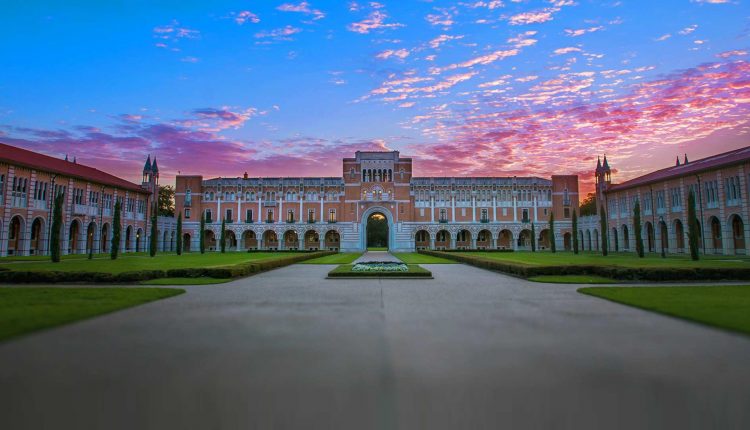Rice University: Rice biologist wins NIH early career award
Durre Muhammad, a Rice Academy postdoctoral fellow and molecular and cell biologist in the lab of bioscientist Bonnie Bartel, has won a prestigious National Institutes of Health award to pursue her research into the molecular processes of plants.
The MOSAIC (Maximizing Opportunities for Scientific and Academic Independent Careers) K99/R00 award is intended to help postdoctoral researchers transition into careers while enhancing diversity within the academic biomedical research workforce.
The first two years of the award will support Muhammad’s work in the Bartel Lab to define the mechanisms by which cells in plants identify and eliminate damaged or obsolete organelles known as peroxisomes, which also play important roles in human aging.
“Our lab in general works on all things peroxisome, and I mainly focus on the latter stage when it’s ready for degradation,” Muhammad said. “We identify the signals and different mechanisms involved in the process of decay.”
Her recent study involves her “favorite protein,” LON2, a large protein found in peroxisomes in both plants and mammals. “It’s responsible for degrading other proteins and also chaperones protein maintenance, making sure they’re not damaged and properly folding them,” she said.
Muhammad said she learned early in her career that pexophagy, the process by which the peroxisome is degraded, offers an open field for future research.
“Any plant with a protein specific to peroxisomes that’s fully knocked out or not functional is not going to survive, so it’s an essential organelle,” she said. “But peroxisomes are under-studied, and that gives me a lot of leeway in the direction of my research.”
“Durre is a fantastic scientist who has brought new perspectives and approaches to my lab,” said Bartel, the Ralph and Dorothy Looney Professor of BioSciences. “We are delighted that NIH has recognized her accomplishments and potential with this award.” Bartel noted Muhammad is only the fourth K99 recipient at Rice since the NIH started the program in 2006.
Muhammad said the second part of the MOSAIC award will help her establish her independent career. “The nice thing about this grant is it allows me to go on the job market with a guarantee that NIH will fund me for an additional three years to start up my lab at a research institution,” she said.

